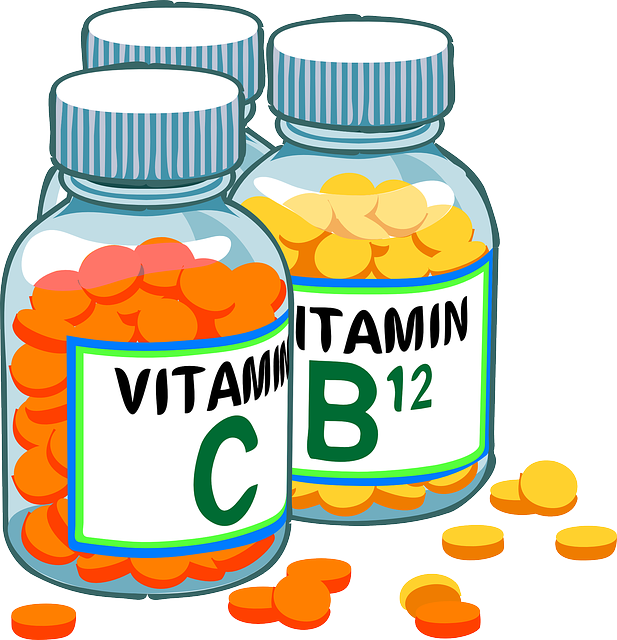 Our bodies undergo many changes, and our teeth and gums are no exception. Maintaining good oral health becomes increasingly important to prevent issues impacting your overall well-being. Understanding what happens to your teeth and gums as you grow older, and knowing how to prepare for these changes, can help keep your smile healthy for life.
Our bodies undergo many changes, and our teeth and gums are no exception. Maintaining good oral health becomes increasingly important to prevent issues impacting your overall well-being. Understanding what happens to your teeth and gums as you grow older, and knowing how to prepare for these changes, can help keep your smile healthy for life.
What to Expect with Aging Teeth and Gums
- Wear and Tear: Over the years, your teeth experience a lot of wear and tear from chewing, grinding, and exposure to various foods and drinks. This can lead to enamel erosion, making your teeth more vulnerable to decay. While this is a natural process, maintaining strong oral hygiene can help slow down this wear.
- Receding Gums: As you age, your gums may begin to recede, exposing more of your tooth structure. This can make your teeth more sensitive, especially to hot and cold temperatures. Gum recession can also increase the risk of gum disease and root decay, as the exposed parts of the teeth are less protected.
- Dry Mouth: Many older adults experience dry mouth due to a decrease in saliva production. This can be caused by certain medications, medical conditions, or simply aging itself. Saliva plays a crucial role in keeping your mouth healthy by washing away food particles and neutralizing acids. When saliva flow decreases, your mouth becomes more prone to cavities and infections.
- Increased Risk of Gum DiseaseGum disease is more common as we age, especially if oral hygiene habits were not well maintained earlier in life. Gingivitis, a mild form of gum disease, can progress to periodontitis, a more severe condition that can lead to tooth loss. This is often due to plaque and tartar buildup over time.
- Tooth Discoloration: Aging can cause your teeth to become more yellow or darken in color. This happens because the enamel (the outer layer of your teeth) thins, revealing more of the dentin underneath, which is naturally darker. Additionally, years of exposure to staining substances like coffee, tea, and tobacco contribute to discoloration.
- Tooth Loss: While not everyone will experience tooth loss as they age, the likelihood increases due to factors like gum disease, tooth decay, and injuries. Tooth loss can affect your ability to chew, speak, and smile confidently. It can also lead to changes in your facial structure over time.
How to Prepare for Aging Teeth and Gums
Taking steps to care for your teeth and gums as you get older can help prevent or reduce the impact of these age-related changes. Here are some simple ways to maintain good oral health:
- Brush and Floss Regularly: Brushing your teeth twice a day with fluoride toothpaste and flossing daily are key to preventing plaque buildup and protecting your teeth from decay. Pay special attention to cleaning along the gumline to prevent gum disease.
- Stay Hydrated: Drinking plenty of water can help combat dry mouth by keeping your mouth moist. If dry mouth persists, consider using a mouth rinse or artificial saliva products to help keep your mouth lubricated.
- Use Fluoride Products: Fluoride strengthens your teeth and makes them more resistant to decay. Using fluoride toothpaste, mouthwash, or getting fluoride treatments from your dentist can help keep your teeth healthy.
- Visit Your Dentist Regularly: Regular dental check-ups are essential, especially as you age. Your dentist can detect early signs of gum disease, tooth decay, and other issues before they become serious. Aim to see your dentist at least twice a year, or more frequently if you have specific concerns.
- Quit Smoking: Smoking not only discolors your teeth but also significantly increases your risk of gum disease and oral cancer. Quitting smoking can improve your overall health and protect your teeth and gums.
- Consider Dental Treatments: If you have receding gums, tooth discoloration, or other issues related to aging, your dentist may recommend treatments like gum grafts, whitening, or restorative dental work such as crowns, bridges, or implants to help you maintain a healthy smile.
- Eat a Balanced Diet: Eating nutritious foods that are rich in calcium and vitamin D is important for keeping your teeth and gums strong. Leafy greens, dairy products, fish, and fortified cereals are great sources of these nutrients. Limit sugary and acidic foods, which can wear down your enamel and lead to cavities.
- Manage Health Conditions: Certain health conditions, such as diabetes or osteoporosis, can impact your oral health. Managing these conditions through medication, diet, and regular doctor visits can help reduce their effects on your teeth and gums.
What to Do if You Lose a Tooth
If you lose a tooth, whether due to age, injury, or decay, it’s important to replace it to maintain the function of your mouth and the appearance of your smile. Options include:
- Dental Implants: These are long-lasting, natural-looking replacements for missing teeth. They involve placing a titanium post in your jawbone, which fuses with the bone over time, and attaching a crown to mimic a real tooth.
- Dentures: Dentures are removable replacements for missing teeth that can either replace a few teeth (partial dentures) or an entire set of teeth (full dentures).
- Bridges: Dental bridges are fixed prosthetics that fill the gap where one or more teeth are missing. They are supported by the adjacent teeth or implants.
With proper care and preparation, you can keep your smile healthy well into your later years. By practicing good oral hygiene, seeing your dentist regularly, and addressing issues like dry mouth or receding gums early, you can help prevent serious dental problems and maintain a good quality of life as you age. Taking proactive steps now will ensure that your teeth and gums stay in great shape for years to come.

 Our bodies undergo many changes, and our teeth and gums are no exception. Maintaining good oral health becomes increasingly important to prevent issues impacting your overall well-being. Understanding what happens to your teeth and gums
Our bodies undergo many changes, and our teeth and gums are no exception. Maintaining good oral health becomes increasingly important to prevent issues impacting your overall well-being. Understanding what happens to your teeth and gums 

